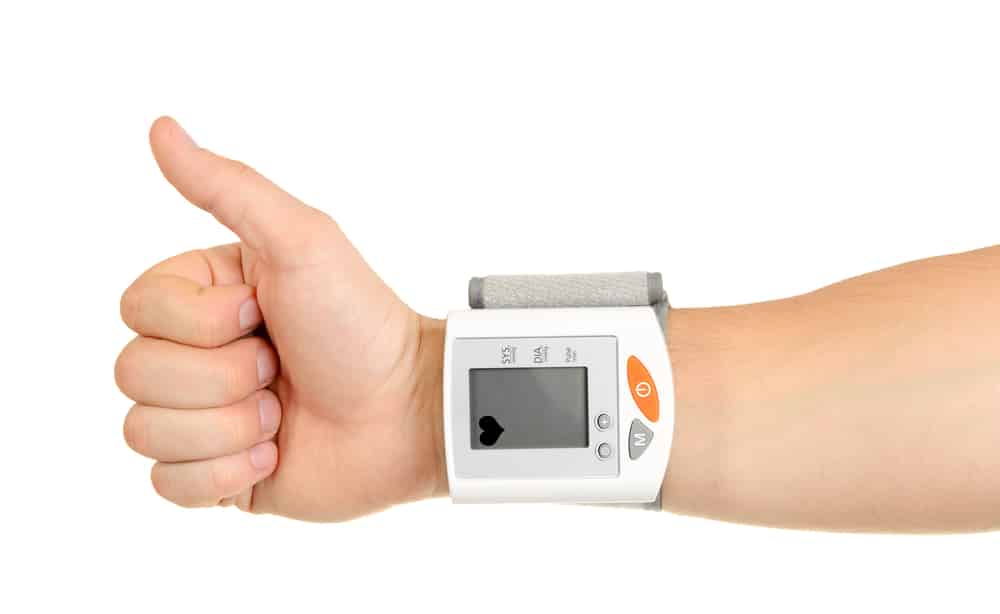This is the third part of the series about a natural approach to hypertension.
If you missed the first two parts, you can check them out here and here.
Now, let’s discuss some natural approaches to handling high blood pressure, to address the root cause.
1. Find and Handle Nutritional Deficiencies
Like I have said before, the most common nutritional deficiencies that raise blood pressure or magnesium and potassium deficiencies. We find and handle these deficiencies using functional blood chemistry and Nutrition Response Testing. Here is a list of foods that are high in magnesium and potassium.
An advantage of using functional blood chemistry and Nutrition Response Testing is that these will also help you identify other deficiencies, such as B vitamin deficiencies, vitamin C, selenium, iodine, vitamin D, and iron deficiencies.
2. Find and Handle Food Allergies
Click here to read my article on how to locate and handle food allergies. In a nutshell, there are three ways to locate and handle food allergies. There are blood tests, which I have seen to be the least accurate; there is muscle testing like Nutrition Response Testing, which is accurate if you are eating the food item, and an elimination diet, which is considered to be the gold standard. If you eat foods that you are sensitive to, they cause inflammation and immune system dysregulation in your body. Anything that gets down inflammation in your body not only makes you healthier but also lowers your blood pressure and heart rate.
3. Find and Handle Blood Sugar Imbalances
This may be the most important step in lowering blood pressure. I’ve seen people just handle this and it lowers your blood pressure so much that they stop their blood pressure medication as per the doctor’s orders. We use functional blood chemistry to evaluate and handle this. An elimination diet also tends to be much lower in sugar and also works well. It’s always good, however, to use functional blood chemistry to make sure that this part of the equation and is handled properly.
4. Exercise Correctly
For this part, I sought the work of Dr. Mark Houston, recognized as one of the world’s foremost authorities on blood pressure. Keep in mind if you look at Dr. Houston’s work, he tends to mention a whole lot of supplements and drugs for lowering blood pressure. In contrast, I find that most cases of high blood pressure can be handled with diet, exercise, stress reduction, and minimal supplementation. Just keep that in mind when you look at his work. However, I think he’s on point with his exercise recommendations.
First off, it’s hard to determine what exercise plan is best for everyone because everyone is in different shape and has different needs. I’ll try to give you some general guidelines
For Example:
If you are over 50 pounds overweight, the volume of exercise is the most important thing to keep in mind. You have to watch the intensity because, at 50 pounds overweight, it’s very easy to hurt yourself. Check out this report that states that people need to exercise 300 minutes a week for weight loss. I’ll give you a personal example. Even though I’m not overweight, I have that genetic tendency. Knowing this, and then knowing the 300-minute rule, and also the fact that I have a pretty strenuous work week, I try to work out with weights three days a week, do interval training three days a week, and do two hikes on the weekends that are at least two hours long. This fulfills my requirements for the volume of aerobic exercise, the intensity of aerobic exercise, and weight training because the average person loses 1% of their muscle mass every year after 40.
And remember, consult your health care professional before trying any of these strategies. But when you do try them with the proper guidance, I think you’ll be pleasantly surprised at the results. Who knew you didn’t need pharmaceuticals to lower blood pressure? (Answer: we knew!!)
Yours in health,
Dr. Keith Sheehan
Are you struggling with a chronic health problem? It is time to take your health into your own hands. Find out where your nutritional status lies by completing a nutritional blood test. Take a couple of months to try a safe natural drug-free approach. Results can often be seen in just a few days or weeks. Let us guide you down the right path with an individualized plan that is constructed specifically towards your needs and help you discover a safe and natural option to benefit your health.

